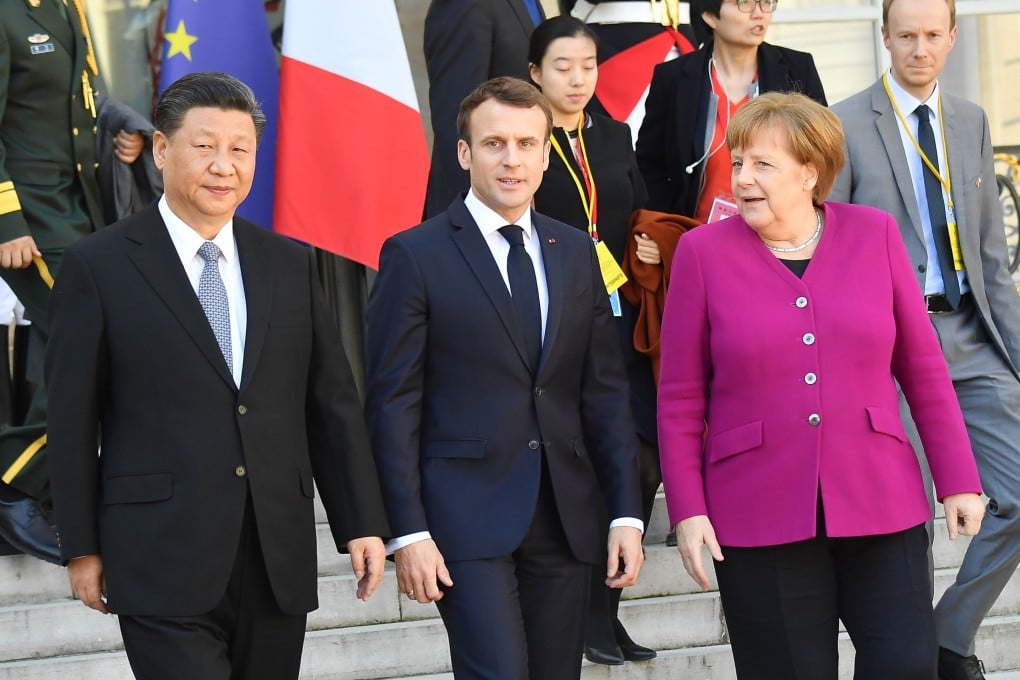Advertisement
Opinion | Lithuania’s Taiwan decision is aimed at upending China-EU relations
- Whether it is the ‘17+1’ forum or the China-France-Germany troika, China diplomacy in Europe leaves smaller nations on the sidelines
- Lithuania’s proposed changes would democratise and unify EU engagement with China by giving the bloc a platform through which to generate consensus
Reading Time:3 minutes
Why you can trust SCMP
27

Lithuania’s decision over a de facto Taiwan embassy is part of a broader strategy to disrupt the substance of the European Union’s China policy as well as the very power structures that undergird relations between the two. Lithuanian Foreign Minister Gabrielius Landsbergis aims to break what he calls the “troika format”, where France and Germany set the terms of engagement for the rest of Europe.
While analysts focus on the impact of Lithuania’s falling out with Beijing, the real measure of its success will be whether it can bring about inclusive new mechanisms for engagement with China that give voice to Europe’s smaller countries.
By being the first in Europe to approve a “Taiwanese” de facto embassy and passing a resolution in May denouncing China’s actions in Xinjiang as “genocide” before other European parliaments did so, Lithuania is leading the push for Europe to adopt a “values-based foreign policy” on China. It is creating space for smaller countries to determine what that policy should look like.
Advertisement
As a first mover on these issues, Lithuania is writing the playbook for a growing club of eastern European countries looking to lean away from China and towards Taiwan. Before the embassy decision, Lithuania sent 20,000 vaccines to Taiwan in June, after which the Czech Republic and Slovakia announced donations in July.
Reports emerged last week suggesting Poland is next in line. If more Taiwanese embassies follow these vaccine batches, this unlikely eastern bloc could start a domino effect that could threaten adherence to the one-China policy across Europe.
The David-and-Goliath optics work in Lithuania’s favour, too. If a small Baltic state of 2.8 million people can stand up to China, larger European countries caught sitting on their hands risk looking faint-hearted.
Advertisement
Advertisement
Select Voice
Choose your listening speed
Get through articles 2x faster
1.25x
250 WPM
Slow
Average
Fast
1.25x
